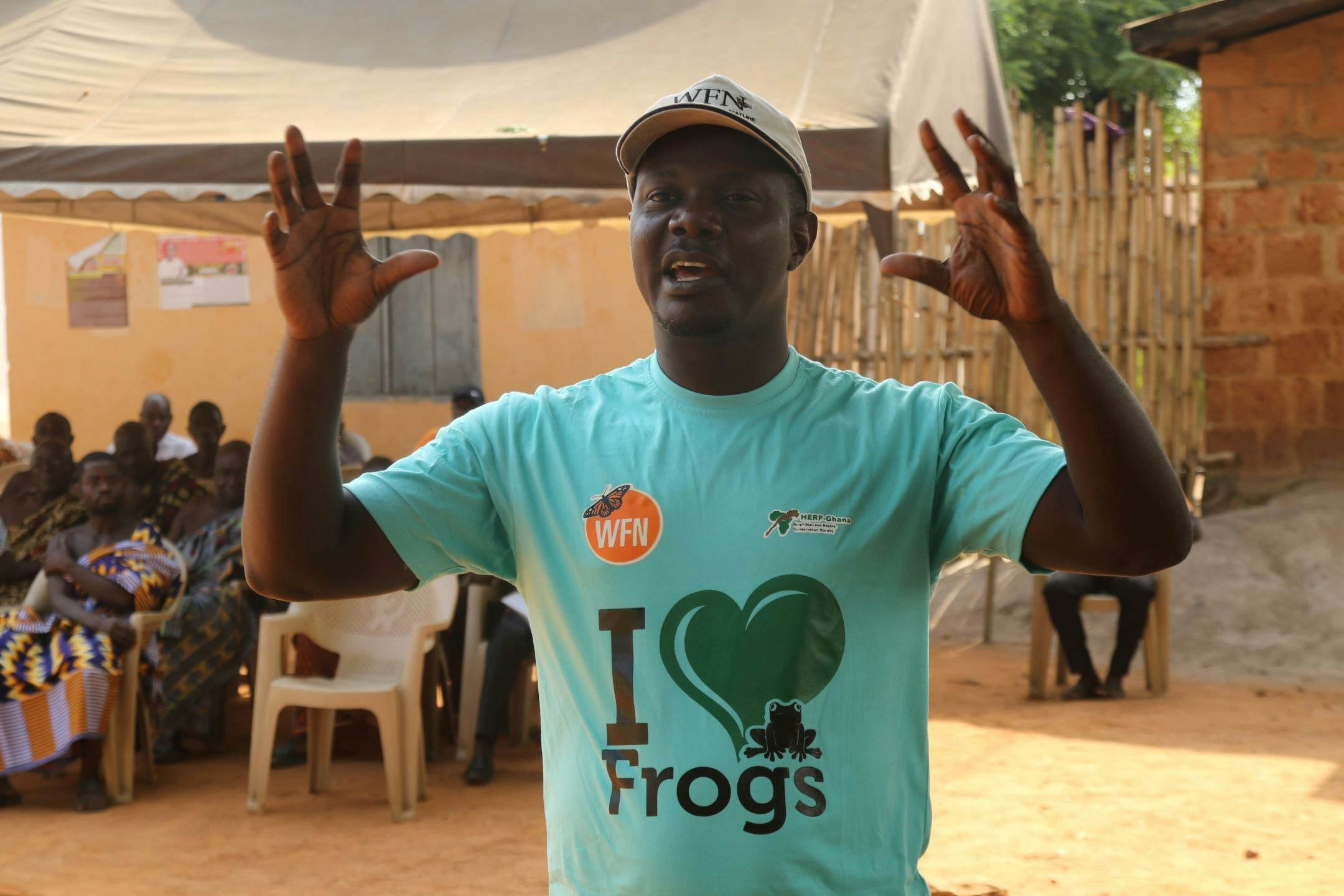Watch a new film from the University of Cambridge featuring Sir David Attenborough, BBC presenter Iolo Williams and WFN Director Danni Parks, on revolutionising the way projects are planned.
“There’s been no feedback mechanism in conservation. In medicine, cases are reviewed and if they didn’t go well, doctors try to work out why, and are held accountable – the field has been transformed by using evidence of what works.” Professor Bill Sutherland, University of Cambridge
Funding for the environment is on the rise but will only make a difference if invested in effective action. Conservation Evidence is a free information resource that summarises scientific evidence, designed to support decisions about how to maintain and restore global biodiversity.
As a funder, WFN offers laddered support through our flagship Whitley Awards and our Continuation Funding programme; over 29 years the charity has channelled more than £20 million to 200 conservationists in 80 countries. Several years ago we began working with Conservation Evidence because we recognise the importance of sharing knowledge, and learning from failure, to avoid wasting time and money by reinventing the wheel.
WFN has integrated this belief into our application process, asking for evidence that proposed conservation interventions will likely be effective. We are mindful that most published scientific literature originates from the Global North and is hidden behind paywalls – a barrier to many – so also take valuable unpublished evidence and experience from the Global South into account. The aim is to encourage applicants to scrutinise their project design, even if the formal scientific evidence is sparse, to increase the chances of success. It is, of course, an iterative learning process that continues to evolve, through feedback from grantees on the ground.

Among WFN’s network of Whitley Award winners across the world, several have become Evidence Champions and are acting as ambassadors for Conservation Evidence. They include Caleb Ofori-Boateng (amphibians, Ghana) and Iroro Tanshi (bats, Nigeria), who are both putting evidence at the heart of their practice and actively encouraging others to do so.
WFN’s vision is that by championing the use of evidence in project design, we will help conservationists improve the likelihood of success, as well as making sure that this success can be scaled up or replicated elsewhere. The result could not only aid recovery of our natural world, but attract increased funding to the environment sector.


